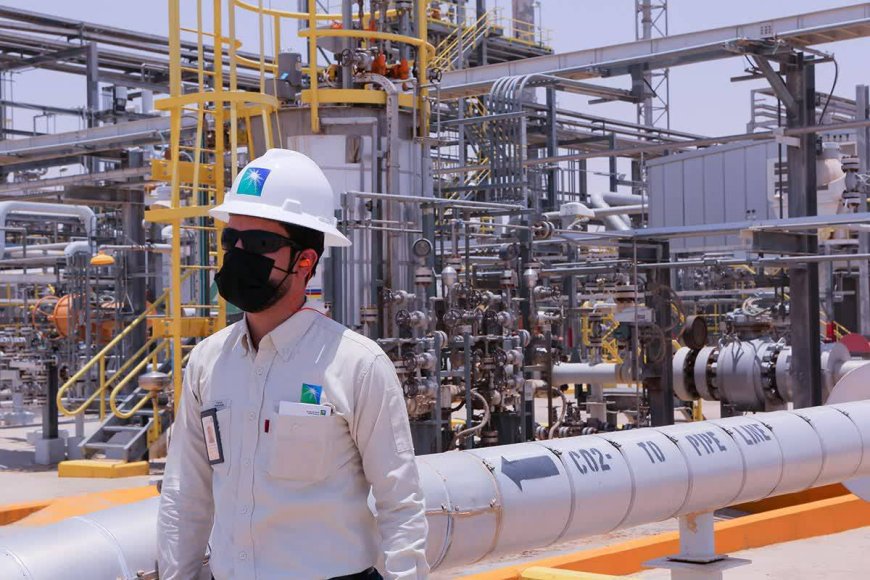Climate Diplomacy in the Persian Gulf: Advancing Global Decarbonization
Climate Diplomacy in the Persian Gulf: Advancing Global Decarbonization

Climate change has emerged as a pressing global concern, necessitating the adoption of targeted measures across industries to address this crisis. The rise in greenhouse gas emissions, particularly carbon dioxide, has led to a significant warming of the Earth's atmosphere, posing a grave threat to all forms of life. Of particular importance is the role of the oil and gas industry (O&G), responsible for 9% of total greenhouse gas emissions and 33% of global fuel emissions. To effectively combat climate change, the O&G sector must strive to reduce its greenhouse gas emissions by at least 3.4 gigatons of carbon dioxide equivalent by 2050.
Decarbonization Strategies in the O&G Sector
Numerous companies have already embraced decarbonization strategies to significantly reduce their emissions. One prominent approach involves the implementation of initiatives that leverage natural carbon sinks, such as oceans, plants, forests, and soil. These natural systems act as effective carbon dioxide absorbers, leading to a reduction in atmospheric concentrations. Notably, plants and trees alone absorb approximately 2.4 billion tons of carbon dioxide annually, underscoring their vital role in mitigating climate change.
Impacts of Carbon Emissions on Human Life
Carbon and greenhouse gas emissions have direct consequences on human life, notably through their influence on the climate system. The resulting effects manifest in the form of hotter years, prolonged droughts, and air pollution, which have been observed in various regions, including the Middle East. Given the vast energy resources in the Persian Gulf region, it is particularly susceptible to these impacts. Consequently, prioritizing decarbonization strategies in this region becomes imperative.
Transitioning from Hydrocarbon Dependency
Historically, countries in the Persian Gulf region have heavily relied on fossil fuels as significant contributors to the global economy. However, with the rapid global energy transition gaining momentum, these nations are actively seeking to diversify their energy sectors and align with the global decarbonization movement. Notably, the United Arab Emirates, Bahrain, Kuwait, Oman, and Saudi Arabia have set ambitious goals to achieve net zero carbon emissions, aiming for targets between 2050 and 2060. These countries are investing in enhancing their production capacity and leveraging their political influence to engage in climate diplomacy, recognizing the importance of their role in addressing the climate crisis.
Emerging Opportunities in the Hydrogen Market
As the hydrogen market presents one of the most disruptive forces in the energy sector, the Persian Gulf Arab countries are capitalizing on the opportunity to position themselves as key players in the nascent hydrogen industry. Leveraging their status as low-cost producers of oil, natural gas, and renewable energy, these nations have the potential to produce competitive blue and green hydrogen. Moreover, they possess the necessary infrastructure, including port facilities, to support hydrogen exports. Notably, Saudi Arabia, the United Arab Emirates, and Oman have emerged as leading candidates for hydrogen production and export, with Oman poised to become the largest fuel exporter in the Middle East during this decade.
Conclusion
The urgency of addressing climate change necessitates the implementation of robust measures across industries, with the oil and gas sector playing a pivotal role in mitigating greenhouse gas emissions. The Persian Gulf Arab countries, recognizing the need to transition away from hydrocarbon dependency, are actively embracing decarbonization strategies and leveraging their strengths to become key players in the emerging hydrogen market. The successful implementation of these strategies will not only contribute to global climate goals but also position these nations as leaders in sustainable energy production and export.













































